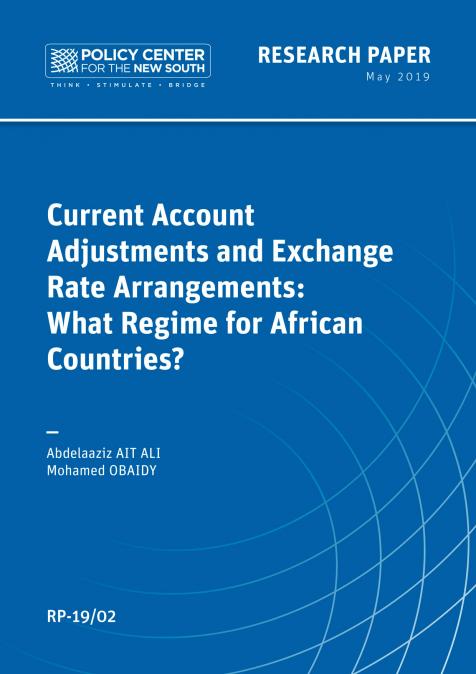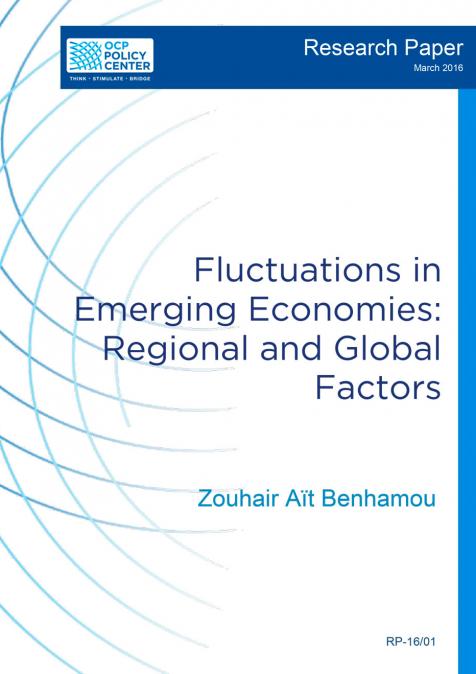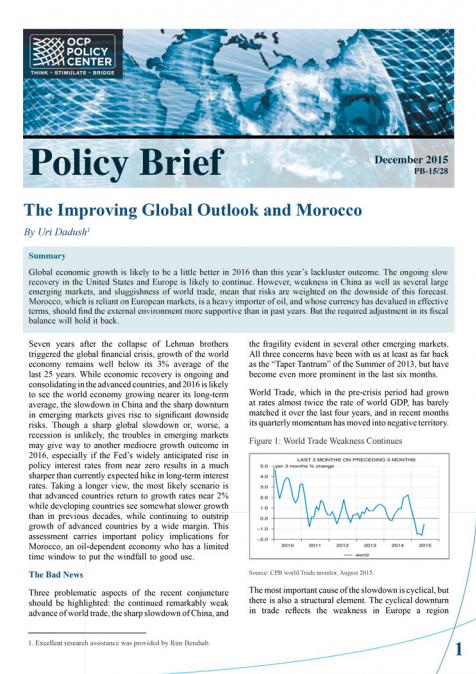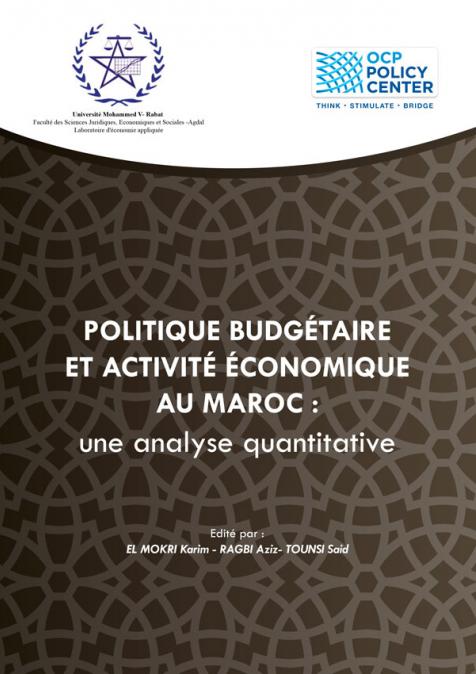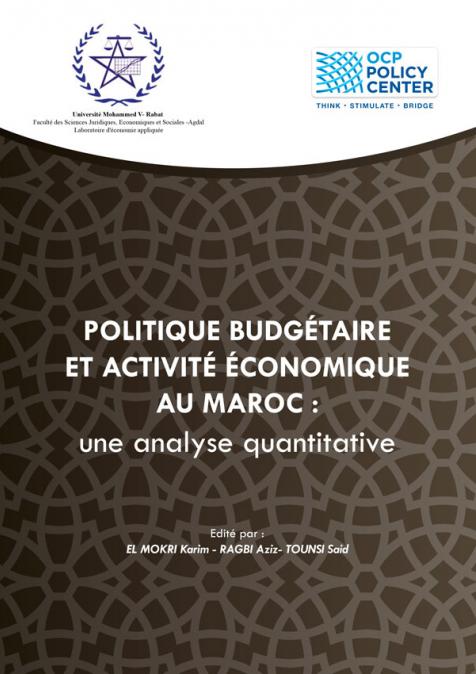Publications /
Research Paper
This paper empirically examines the impact of exchange rate arrangements on current account imbalances within the African context. Following Friedman’s hypothesis (Friedman, 1953), we test the propositions stating that flexible exchange rate regimes limit the magnitude of real external shocks and permit smoother adjustments of external imbalances. Using a new de facto exchange rate regime classification, we employ two empirical methodologies to test this hypothesis: we first apply an event study to identify current account reversal episodes and observe growth and real exchange rate behaviors across exchange rate arrangements. Second, we run an econometric model to estimate current account persistence and test to what extent it differs per exchange rate regime. Our sample comprises 48 African countries for the period 1980-2017. Our results confirm two propositions: (1) Current account imbalances are smaller and probably less costly in countries with a flexible exchange rate regime, and (2) flexible exchange arrangements permit faster current account adjustments.

